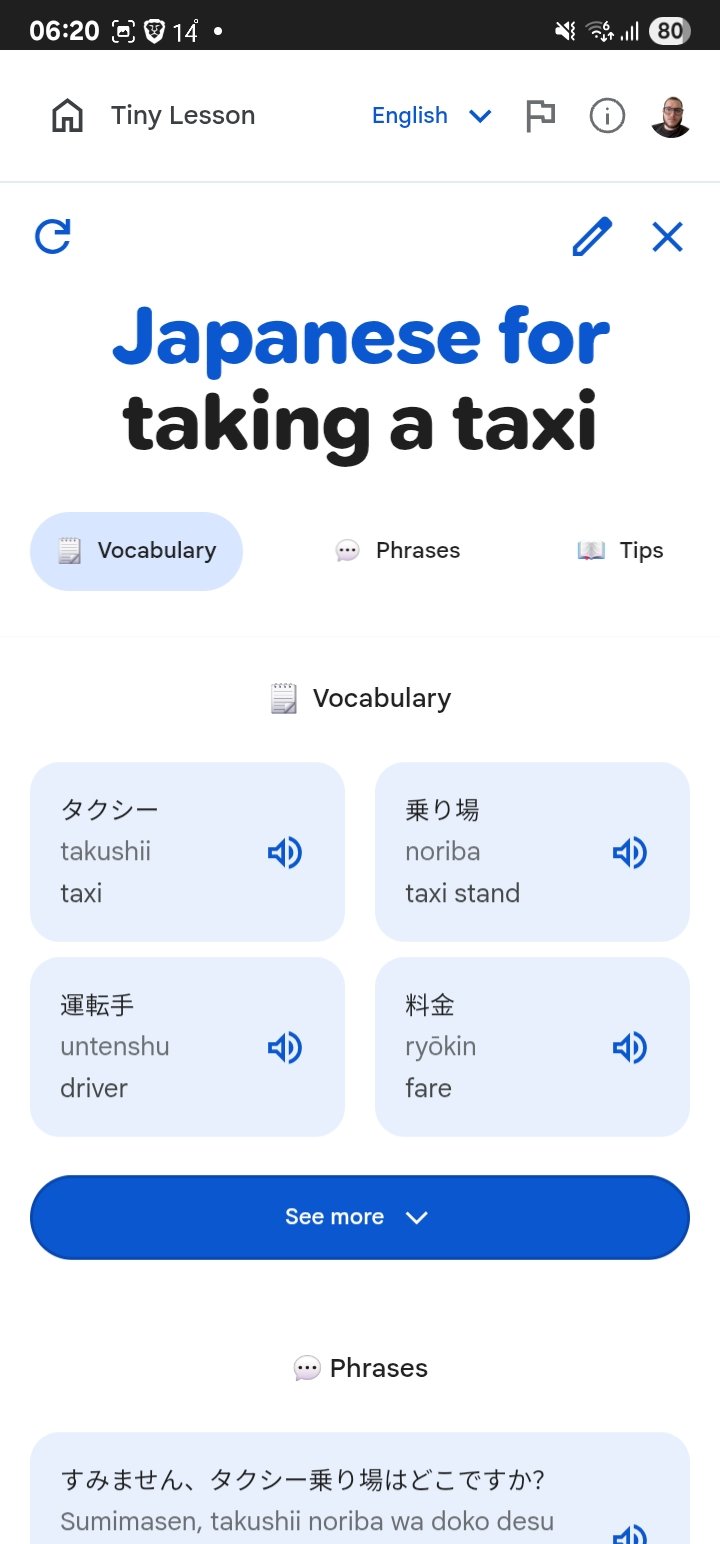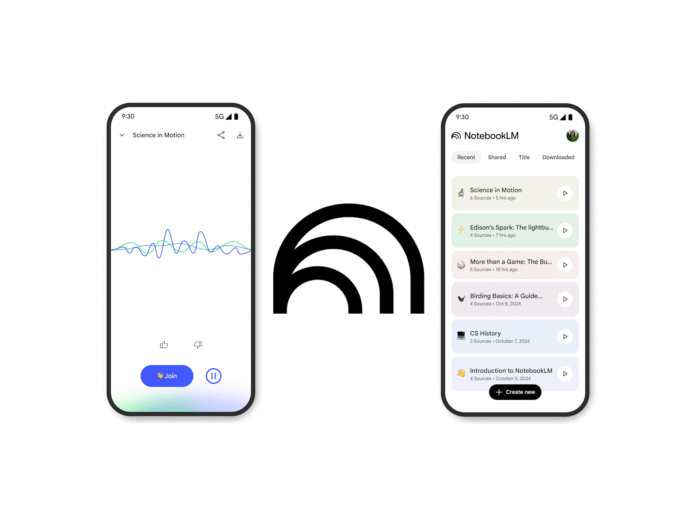The ferment around artificial generative intelligence shows no sign of subsiding and Google, as expected, is confirmed as one of the most active protagonists on this front. The Mountain View giant is working hard to integrate the AI’s skills, in particular of its advanced Gemini model, in an ever increasing number of services. Although the impact of the AI is being felt in almost every sector, that of education and personal productivity is experiencing a particularly significant transformation.
Index:
- Google unleashes Gemini: new tools to learn languages and strengthen research with multilingual notebooklm
- Google Labs presents “Little Language Experiments”: Duolingo’s IA of Gemini?
- Notebooklm speaks your language: Ovserviews Audio supports over 50 idioms
Google unleashes Gemini: new tools to learn languages and strengthen research with multilingual notebooklm
A striking example of this trend is Notebooklmthe app for notes enhanced by the AI who quickly conquered students and researchers. This tool, born as an experimental project in the Google Labs under the name of “Project Tailwind” in July 2023, has shown its value so as to abandon the experimental label and become a point of reference. But Google doesn’t stop there; Let’s see all the news together.
Google Labs presents “Little Language Experiments”: Duolingo’s IA of Gemini?
Just from the Google Labs, forge of innovative ideas (even if not all destined to see the light), the latest news announced through a post on the blog Google for Developers arrives: the “Little Language Experiments“These are three new experiments based on artificial intelligence, designed specifically to make the process of learning a new language less difficult.
The beating heart of these experiments is theAPI of Geminiwhich guarantees access to Google’s most recent generative generative models. This means that all three tools exploit the power of Gemini to offer learning experiences “bodies and run” but potentially very effective. The ambition, not too veiled, seems to be to offer an alternative or a complement to consolidated platforms such as Duolingo.
The first experiment, Tiny Lessonfaces a problem common to anyone who is learning a language: that frustrating moment in which a specific word or phrase is “on the tip of the language” but it is not possible to recall it, especially in a real situation. Tiny Lesson allows the user to describe a specific scenario, for example “booking a taxi”. Based on this description, the tool fills in a targeted list of useful words, relevant phrases and grammatical advice in the language that is being studied, providing exactly what you need in that context.

The second tool, Slang HangIt aims to overcome one of the limits of traditional approaches (textbooks) and even the playful ones (like Duolingo): the tendency to teach excessively formal language. Talking a new language feeling at ease is an account, but doing it without seeming “robotics” or unnatural requires familiarity with colloquial expressions and slangs.
Slang Hang generates realistic conversations between native speakers in unique and varied scenarios: from two colleagues who meet on the subway to two friends lost sight of sight that are unexpectedly found to an exhibition of exotic animals (as in the example provided by Google about a marine biologist and a fisherman who discover a bioluminescent coral bar). The user can analyze these conversations, pass the mouse on the terms highlighted to understand their literal and contextual meaning, and even translate the dialogue into one’s mother tongue.
In the end, Word cam It focuses on the learning of the vocabulary linked to the surrounding world. Unlike Tiny Lesson, who starts from a situation, Word Cam starts from an image. The user takes a photo of what he has in front of him and lets Gemini do the rest: the AI detects the objects in the image, label them in the destination language and also suggests additional words useful to describe them.
Google stresses that these three experiments still represent an “initial exploration”, but let it glimpse exciting possibilities for the future of linguistic learning assisted by AI. Curious users can already try these tools by visiting the dedicated page on the Google Labs website.
Notebooklm speaks your language: Ovserviews Audio supports over 50 idioms
Parallel to the experiments dedicated to linguistic learning, Google is also enhancing the existing tools, making them more accessible and versatile globally. This is the case of Notebooklmthe assistant to for research and writing based on the sources loaded by the user (documents, notes, pdfs, etc.).
One of the most interesting features of Notebooklm is “Audio ovserviews“, Which allows to generate audio summaries of the research material analyzed. Initially, this function was available only in English, effectively limiting its usefulness for a vast international audience. Now, Google has announced a massive update: Audio Ovserviews has extended its support to Over 50 languages. The complete list is available on the official Notebooklm support page, but includes idioms such as Italian, Filipino, Arabic, German, Japanese, Swahili and Chinese (both simplified and traditional).
To take advantage of the function in the desired language, it is sufficient that the predefined language of the Google account associated with notebooklm is set correctly. However, flexibility is maximum. With this update, Google has also introduced a new “Output Language” selector (Output language) in the Notebooklm settings. This option allows you to change the language of audio and text responses generated by AI on the fly. This opens interesting scenarios, such as the possibility of Create multilingual contentmixing sources in different languages (for example, part of the research in English, part in Spanish and starts in Chinese) and still obtaining a summary or response in the chosen language.
Google has declared that it will continue to improve notebooklm based on user feedback and has anticipated that the OVERIEWS audio function will arrive soon also on Google Docsfurther integrating these skills into the daily workflow of many users.
In short, Google is clearly pushing on the accelerator of artificial intelligence applied to the language, both in active learning with promising experiments such as Tiny Lesson, Slang Hang and Word Cam, and in support to research and productivity with an increasingly polyglot and versatile notebookm. These developments not only testify to the growing power of models such as Gemini, but also outline a future in which AI could become an indispensable companion to overcome linguistic barriers and manage information more efficiently.




